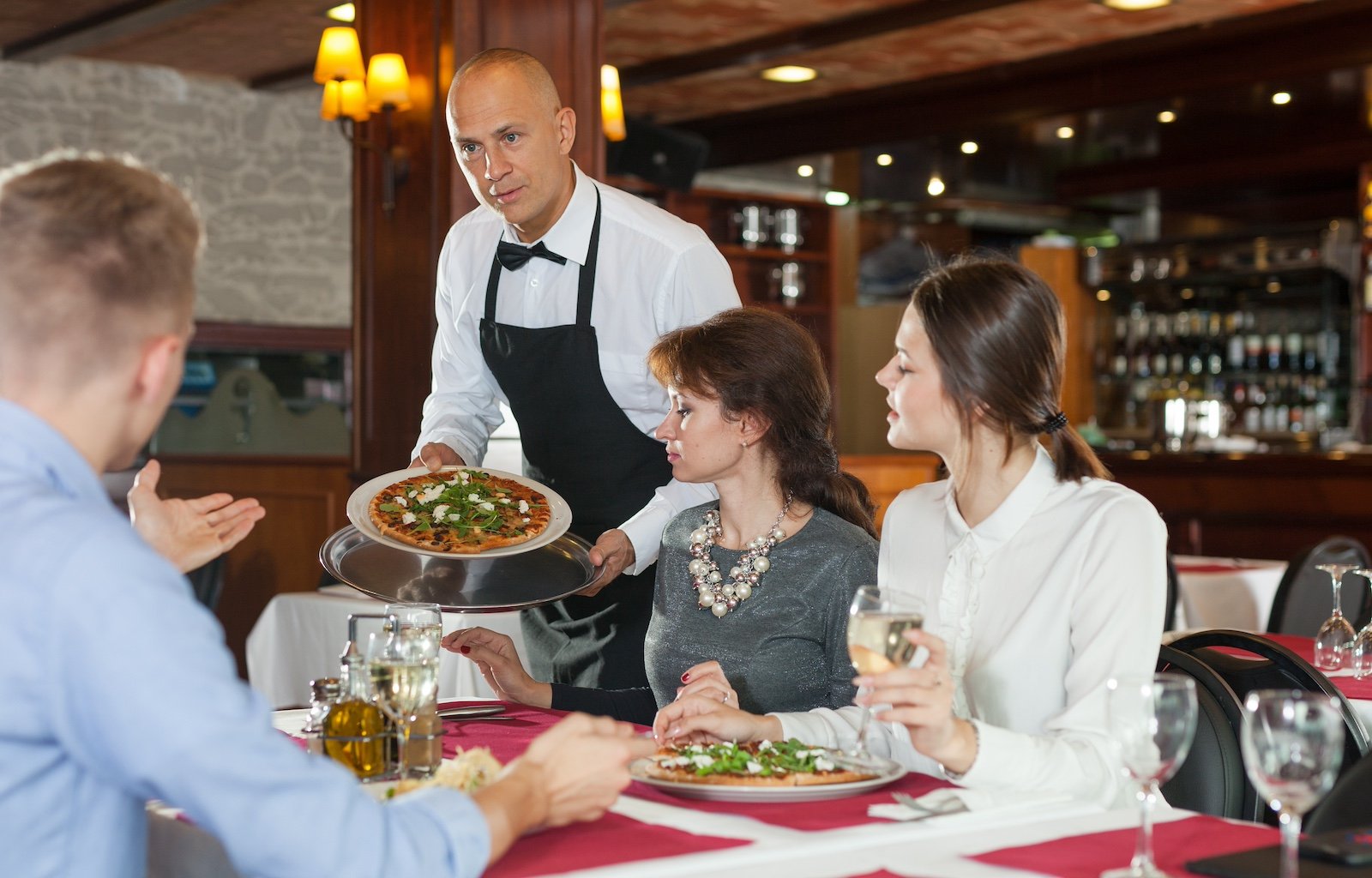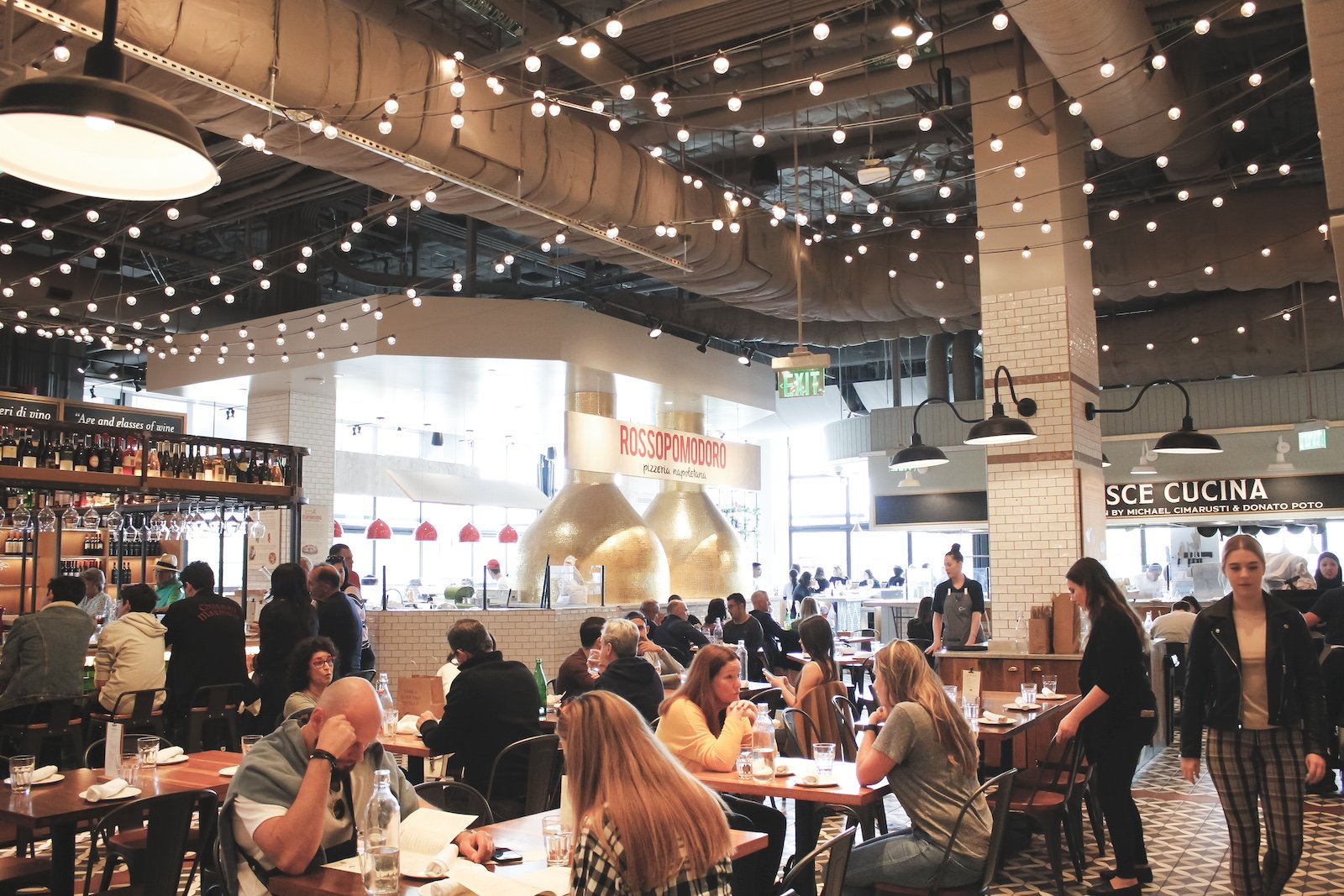Dining out can be a pleasurable experience filled with great food and good company. However, what many patrons might not realize is how their tipping habits can significantly impact their servers. While most diners mean well, certain tipping practices can frustrate and demoralize those who work hard to provide a memorable dining experience.
Here’s a list of 20 common tipping habits that annoy restaurant servers.
Ignoring Suggested Tip Amounts

Restaurants often provide suggested tip amounts on the bill to guide patrons on appropriate gratuity based on the service level. When customers choose to ignore these suggestions after a dining experience that met or exceeded expectations, it can demoralize servers who feel their efforts are not being properly recognized.
The Insufficient Group Tip

Large parties require extra attention and coordination, which can be quite demanding on servers. It’s particularly disheartening when such groups leave a collective tip that doesn’t adequately compensate for the additional work involved, undermining the effort put in to manage the larger table dynamics.
Compliments Instead of Cash

Servers appreciate kind words, but compliments do not equate to monetary compensation. It’s frustrating for servers when patrons heap praise on the service but then leave a disproportionately small tip, effectively undervaluing the tangible effort that goes into their job.
Leaving Pennies or Small Change

Leaving pennies or any small change as a tip can often be perceived as a passive-aggressive commentary on the service rather than a genuine gesture of gratitude. This practice can demean servers, primarily if they have worked hard to provide a good dining experience.
The Sob Story

While personal financial constraints are real, using them to justify a low tip can put servers in an awkward position. They rely on tips as a significant part of their income, and notes explaining poor tips due to personal budget issues can feel insensitive after they have provided attentive service.
The ‘Tip Creep’ Complaint

As digital payment systems increasingly suggest higher default tipping percentages, some customers complain about this “tip creep” in front of servers, creating discomfort and potentially affecting the tipping behavior of other patrons who overhear the exchange.
Deductions for Kitchen Errors

It’s unfair when patrons penalize servers through reduced tips for mistakes made in the kitchen, over which servers have no control. This practice not only misplaces the blame but also affects the server’s earnings unfairly.
Refusing to Tip for ‘Included’ Services

Some patrons believe that if certain items like water or bread are included in the meal, they don’t need to tip as much. This overlooks the server’s role in ensuring these items are promptly provided and topped up, which is part of the service they are providing.
The Waiting Game

Patrons who linger long after they’ve finished their meal, especially during busy times or close to closing hours, can disrupt the server’s workflow and reduce their chance to earn more tips from new tables. Extended stays without additional tipping can be very frustrating for servers.
The Birthday Expectation

Expecting servers to provide extra attention or freebies for birthdays without tipping accordingly is a common annoyance. While celebrating at a restaurant, it’s considerate to compensate servers for any additional services they provide, like singing or bringing special dessert presentations.
Over Demanding During Rush Hours

Customers who expect rapid and flawless service during a restaurant’s peak hours and then skimp on the tip despite the pressures faced by the server contribute to a stressful work environment. Recognizing the challenging dynamics during busy periods and tipping generously can reflect an appreciation for the server’s hard work.
Tip Baiting

Some diners hint at leaving a substantial tip in hopes of receiving special treatment, only to leave a standard or below-average tip after receiving enhanced service. This manipulative tactic can lead to disappointment and resentment from servers who feel they have been misled.
Ignoring Seating Protocols

Customers who disregard seating arrangements made by the host or server and choose their own tables can disrupt the flow of service. This behavior forces servers to adjust on the fly, which can complicate their job and affect their ability to serve other customers efficiently.
Undertipping on Comp’ed Items

When items are removed from a bill as a courtesy (due to dissatisfaction or a service mishap), some customers tip based on the lower total rather than the original amount. This can significantly reduce the server’s expected earnings for their time and effort.
Writing Notes Instead of Tipping

Some patrons leave advice or feedback written on napkins or receipts instead of tipping. While feedback is valuable, using it as a substitute for a tip is inappropriate and frustrating for servers who depend on tips for their livelihood.
Tipping on Post-Discount Amounts

After applying discounts or using coupons, some diners calculate the tip based on the reduced total rather than the original price of the meal. This practice can significantly decrease the server’s gratuity despite providing service for the full value of the meal.
Conditional Tipping

Offering a tip as a condition for receiving extra favors or speedy service puts servers in a difficult position. It’s unfair and puts undue pressure on them to prioritize one table over others, which can disrupt the overall service quality.
The ‘Exact Change’ Issue

Customers who insist on paying their bill down to the exact cent and then leave little to no tip can be a source of irritation. This often happens in cash transactions and shows a lack of consideration for the server’s service and efforts.
Tip Theft by Other Patrons

In situations where tips are left on the table in cash, other customers occasionally take the tip before the server can collect it. This can lead to misunderstandings and losses that unfairly penalize the server.
Refusal to Tip Due to Personal Beliefs

Some patrons refuse to tip, claiming it should be the employer’s responsibility to pay the server’s wages, not the customer’s. This ideological stance, while it may have merit on a broader economic level, impacts servers directly and leaves them undercompensated for their work.


